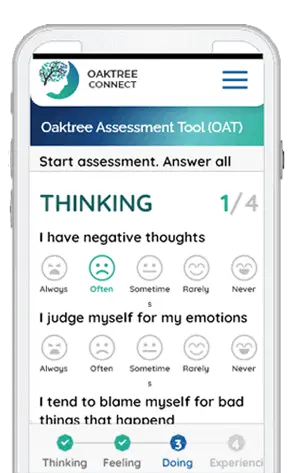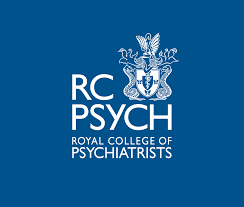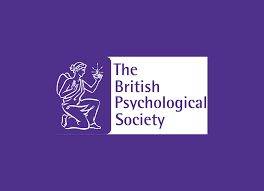Abnormal Grief
Losing a loved one is one of the most distressing and, unfortunately, common experiences older people experience. Most people experiencing “normal grief “ that would include a period of sorrow, numbness, and even guilt and anger. This would usually gradually ease as you come to accept the loss and move forward.

Symptoms
- Intense sorrow, pain and rumination over the loss
- Focus and preoccupation on the loved one's death
- Unacceptance of the death/ loss
- Complete emotional numbness or detachment from the situation
- Bitterness, intense persistent anger and regret about your loss
- Feeling that life has lost its purpose and not worth living, wish you had died along with your loved one
- Lack of trust in anyone else
- Complete inability to enjoy life or think back on positive experiences with your loved one
- Difficulty in carrying out daily routines
- Isolate yourself and withdraw from social activities
- Experience depression, deep sadness, guilt or self-blame
For some people, feelings of loss are prolonged and debilitating so much so that you have trouble recovering from the loss and resuming your own life. This is abnormal grief, sometimes called persistent complex bereavement disorder.

Treatments
Contact your doctor or a mental health professional if you have intense grief with the symptoms above and don’t improve, one year after the death of your loved one. We offer depression therapy online and TMS as alternatives to or in conjunction with antidepressants.

Oaktree Assessment Tool

Contact Us
To book an online mental health assessment appointment with Private Psychiatrists, Private Psychologists and Private TherapistsWe aim to respond within one working day








